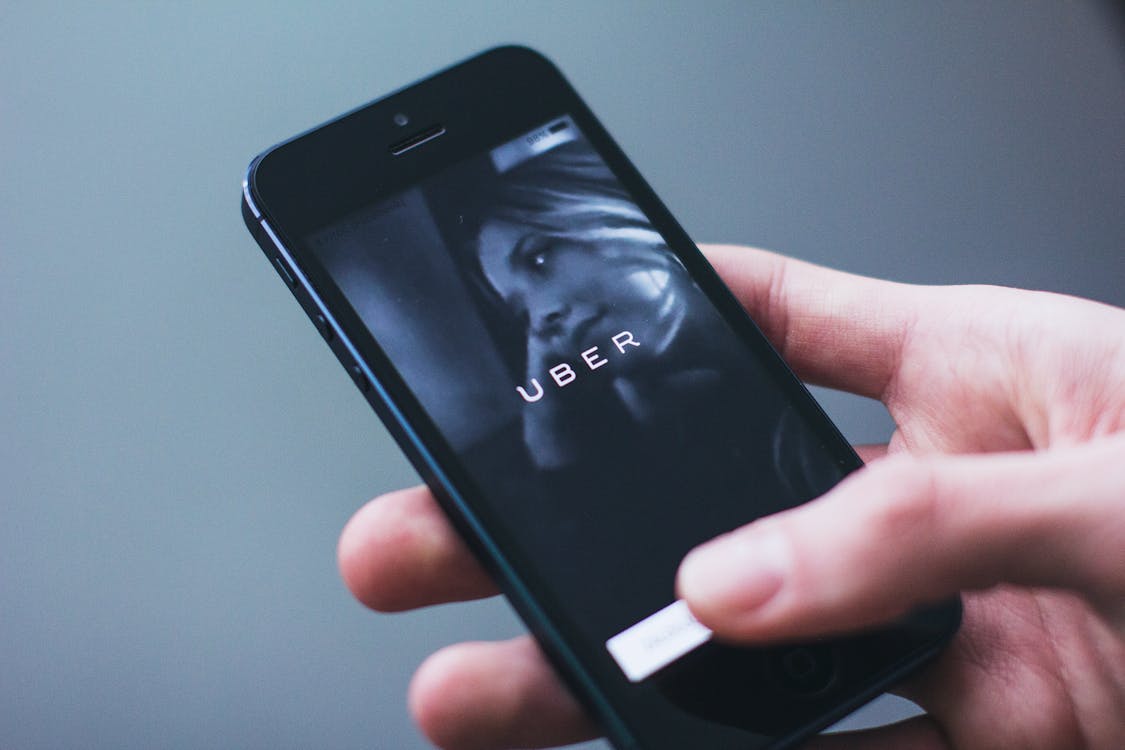If someone’s ever said to you ‘please trust me’, it’s probably because you did not. Brand trust is the most valuable asset a brand can possess, but it’s not something that can be simply gained through a short sentence. Brand trust must be earned. There are shortcuts to achieve this, but it’s complex, and can have a reverse effect if done poorly.
Depending on who your audience are, you can begin to tell what is valuable to them, and therefore get them to trust you slightly quicker. For example, people over 55 tend to trust brands who have a longer heritage. However, brands like Airbnb and Uber make drastic exceptions to this rule. Could you imagine ever going to stay in a stranger’s house in complete comfort? This is everything your parents probably told you not to do when you were younger, yet Airbnb is one of the fastest growing companies in the world and shares a great trustworthy relationship with its users.

A few years ago, would you have ever felt comfortable getting in an strangers car? Probably not. Uber made it possible for people to feel comfortable doing things they wouldn’t dream of doing beforehand. These brands have thought ingeniously about the way they’ve built their brand trust and had record breaking results. Millennials are more likely to trust brands with smaller heritage, but more numbers behind them. If everyone else is doing it, it must be fine. Both Uber and Airbnb have a rating/review section where users can rate the service they have received from a driver or host. If 80 other people have stayed/travelled with them and been fine, I’m sure I’ll be ok too. Right?
If you can’t already tell, it’s important to establish your brand’s target audience. Finding out who they are helps you work out how you’re going to get them to behave in a certain way. A brand’s reliability and a brand’s intentions influences brand trust heavily.
Reliability is what you are doing for people. This is why Uber and Airbnb are so successful: because they are reliable. You can count on Uber to get you a lift wherever you need, much faster than any of their competitors. Everyone knows the pain of not having the correct amount of cash to pay for a taxi, because most people now rely on their cards. They have provided a consistent and convenient solution in their category, and therefore are seeing enormous growth from it. Airbnb realised that some people prioritise the experiences they have and the price they pay over luxury accommodation. This realisation means that people looking to stay somewhere are thinking in a similar way, which Airbnb have used to their advantage to create a trustworthy relationship with its users.

A brand’s intention is important for a consumer to build a trustworthy relationship with a brand. People aren’t buying what you do, but why you are doing it. If your brand has intentions your audience does not align with, they won’t trust you. Reputation is everything to a brand, and something that can be easily damaged. Brands should be integrating authenticity into everything they do, to help customers build the trust that they desire. All communications with customers should be made with authenticity in mind. Responding and taking on board all feedback (negative included) will do you more favours than damage. When doing this, brand voice is important – coming across as approachable and not-robot-like can make you seem far more reliable, with the best customer-driven intentions.
Value your customers and treat them as you would if they were your friends. Our friends are usually some of the most trusted humans in our lives, so building this relationship with a customer or client can have major benefits for your company. The truth is, most markets in the UK are saturated and have become fragmented; if your brand isn’t succeeding in grasping consumers trust, then someone else probably will.

At Brandshre, after 28 years in the business, we’ve become experts at analysing target audiences. We understand that every brand has a different audience that must be investigated from all angles. Once an audience has been identified, we investigate how we can use the tactics available to us to build a trustworthy relationship between you and them. We aren’t miracle workers, we are aware that the level of trust between brand and consumer can go up and down; but we act in a way to promote reliability and show intent to do better. Every brand’s trust can be higher – let us help you improve. We’re here to chat on 01276 858 880. If you want to read more, check out our other blogs here.
